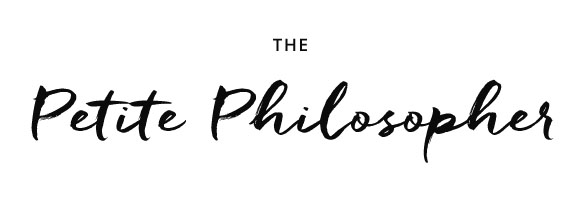“The good life is one inspired by love and guided by knowledge.” – Bertrand Russell
The longer I teach, the more I find that Sir Francis Bacon’s theory that “knowledge is power” is ingrained in my students’ minds. Several years ago I attended a banquet for a retiring dean from the University of Windsor, and when he spoke in front of his students, friends, and colleagues, he said something that I will never forget; he said that knowledge isn’t power, but understanding. I have since taken his words and passed them onto my students to challenge what they have heard and been taught. We live in a society where it is very easy to obtain information. With a quick Google search, we can claim that we “know” a wide variety of things. But how much do we actually know versus understand? Some educators, not all, are very focused on ‘banking’ information. I believe that school shouldn’t solely be about the memorization of facts, but understanding our world. How do we understand something rather than just know it? We should be encouraged to think critically, work together to gain multiple perspectives, and actively engage in the subject matter we are learning about.
Our current education system isn’t the only thing we should place the blame upon, but also all the false information spreading on social media and the internet. We need to check our sources and take the time to investigate before we believe something is fact. Our prejudices also get in the way of knowledge because our feelings can strongly influence how we perceive information. Therefore, I think it is critical for people to keep an open mind by pleading ignorance before they acquire new knowledge. I also believe that we need more self knowledge, meaning that we learn to understand ourselves better. Before I can say I know something, I need to know who I am, my values, and my biases.
In the end, it should not be how much we know, but how we understand and use what we know; that’s what really makes knowledge powerful.









